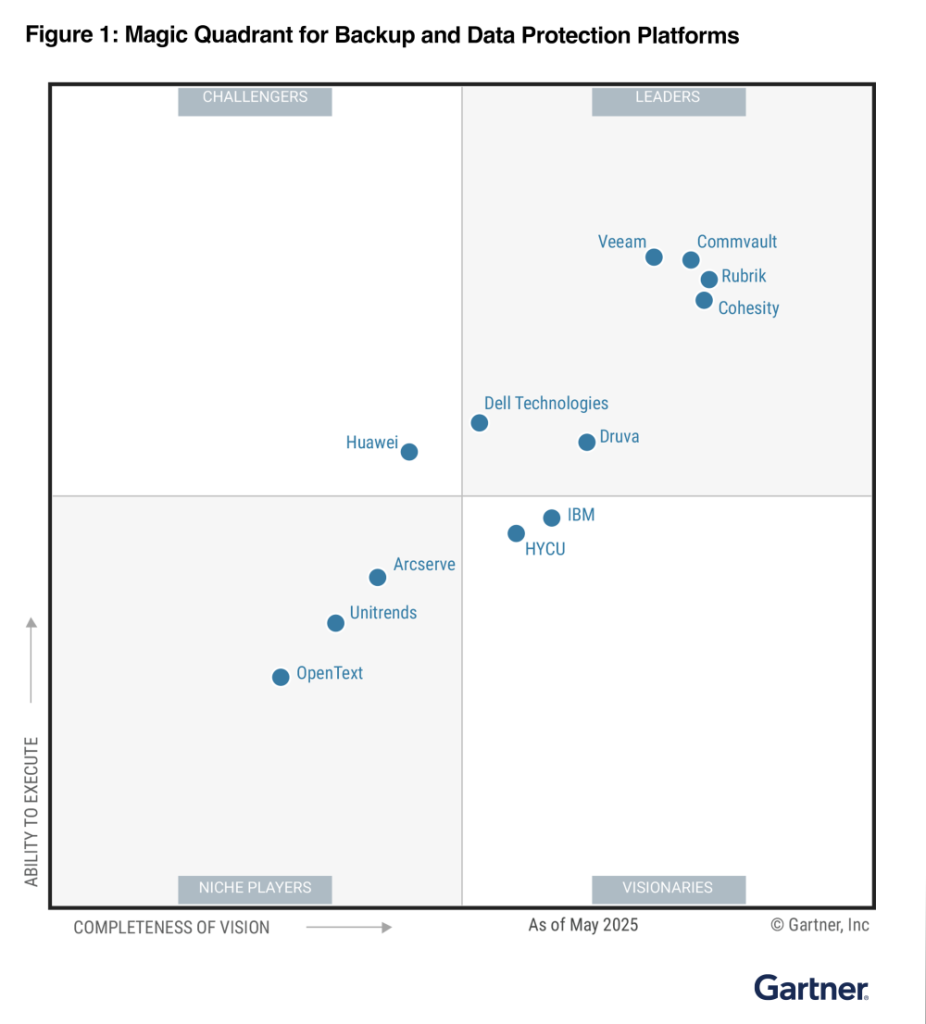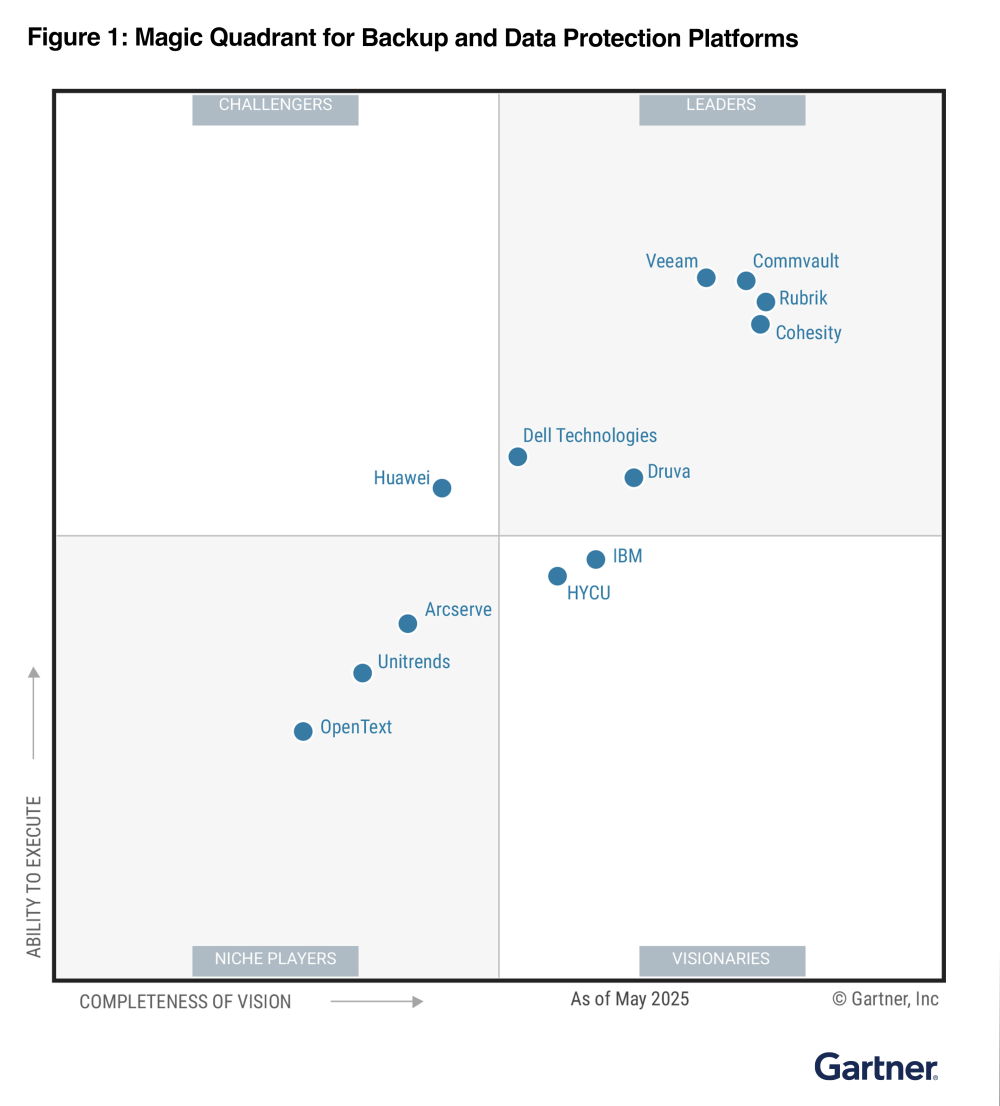Gartner recently rebranded its well-known Magic Quadrant (MQ) by shifting the terminology from “Enterprise Backup and Recovery Software Solutions” to “Backup and Data Protection Platforms.” This change reflects evolving market dynamics and the need for alignment with the current trends in data management and protection. The redefined MQ continues to leverage its historical credibility, yet it presents a new lens through which to evaluate the players in the backup and data protection space.
The Evolving Landscape of Data Protection
The core objective of this MQ is to assess the growing convergence of backup software, services, and integrated secondary storage solutions within the rapidly changing data protection landscape. Key acquisitions have influenced this shift, with companies such as Clumio and Appranix making headlines alongside established entities like Commvault and Veeam. These developments have introduced new capabilities and offerings, allowing organizations to enhance their data protection strategies. Notably, Cohesity has also emerged as a powerful player, buoyed by their association with Veritas’ NetBackup platform and a robust installed base that has fortified their market presence.
Gartner’s updated MQ reflects a variety of vendors categorized into Leaders, Challengers, Visionaries, and Niche Players. Dell continues to hold a leadership position, further solidifying its reputation in the industry. Similarly, Druva has made significant strides, gaining traction within the leaders’ quadrant. Meanwhile, Veeam, Commvault, Cohesity, and Rubrik are reaffirmed as primary leaders, each demonstrating their strength and innovation in data protection solutions.
Market Trends and Notable Absentees
The inclusion of Huawei in this year’s MQ is indicative of its expanding influence in the sector, signaling the company’s growing footprint in the global market for backup and data protection. This inclusion also highlights a broader trend of international players making inroads into markets traditionally dominated by established vendors.
On the contrary, the absence of major names such as Microsoft raises eyebrows. This points to potential shifts in strategic focus or product offerings that may not align with Gartner’s criteria for inclusion this year. Other notable omissions include Kaseya with their Spanning Cloud Apps, Datto, along with their related Backupify, and Unitrends, which was the only one of the aforementioned entities recognized in this report. The absence of NinjaOne, especially after acquiring Australian company Dropsuite, comes as another surprise, suggesting that their market evolution hasn’t yet aligned with Gartner’s evaluation timing. Acronis, a significant player in the space, also failed to secure a position in the MQ, which has prompted discussions around its current market approach.
Moreover, the acknowledgment of Bacula as an open-source solution underlines the diverse pricing models and deployment strategies that are part of the modern data protection narrative. Bacula, while limited in revenue due to its pricing structure, has gained substantial market penetration, demonstrating that unconventional models can still yield significant adoption and trust among users.
The Implications of the New MQ
The change in Gartner’s MQ not only reflects the current state of the industry but also signifies where the market might be headed. Stakeholders in data protection—whether they are providers or users—should take note of these shifts in ranking and recognition, as they could indicate emerging trends and technologies that will shape the future of data management.
The growing importance of integrated data protection platforms cannot be overstated. As organizations face an increasingly complex data landscape, characterized by hybrid cloud environments and heightened security threats, the need for comprehensive and adaptable backup solutions becomes critical. According to a report from Statista, the global cloud backup market is projected to grow significantly, underscoring the urgency for organizations to invest in reliable backup and recovery solutions.
The new MQ serves as a pivotal resource for businesses looking to evaluate their data protection strategies and make informed decisions about their technology investments. With the right insights, organizations can better prepare for future challenges and capitalize on opportunities in the evolving data protection landscape.
Click to enlarge the Magic Quadrant


